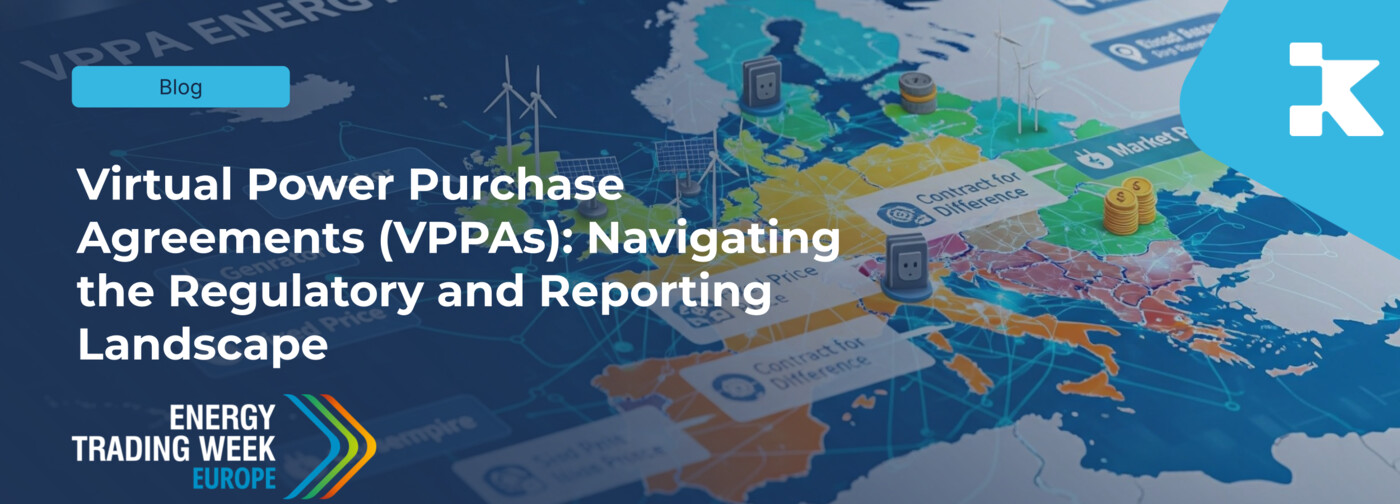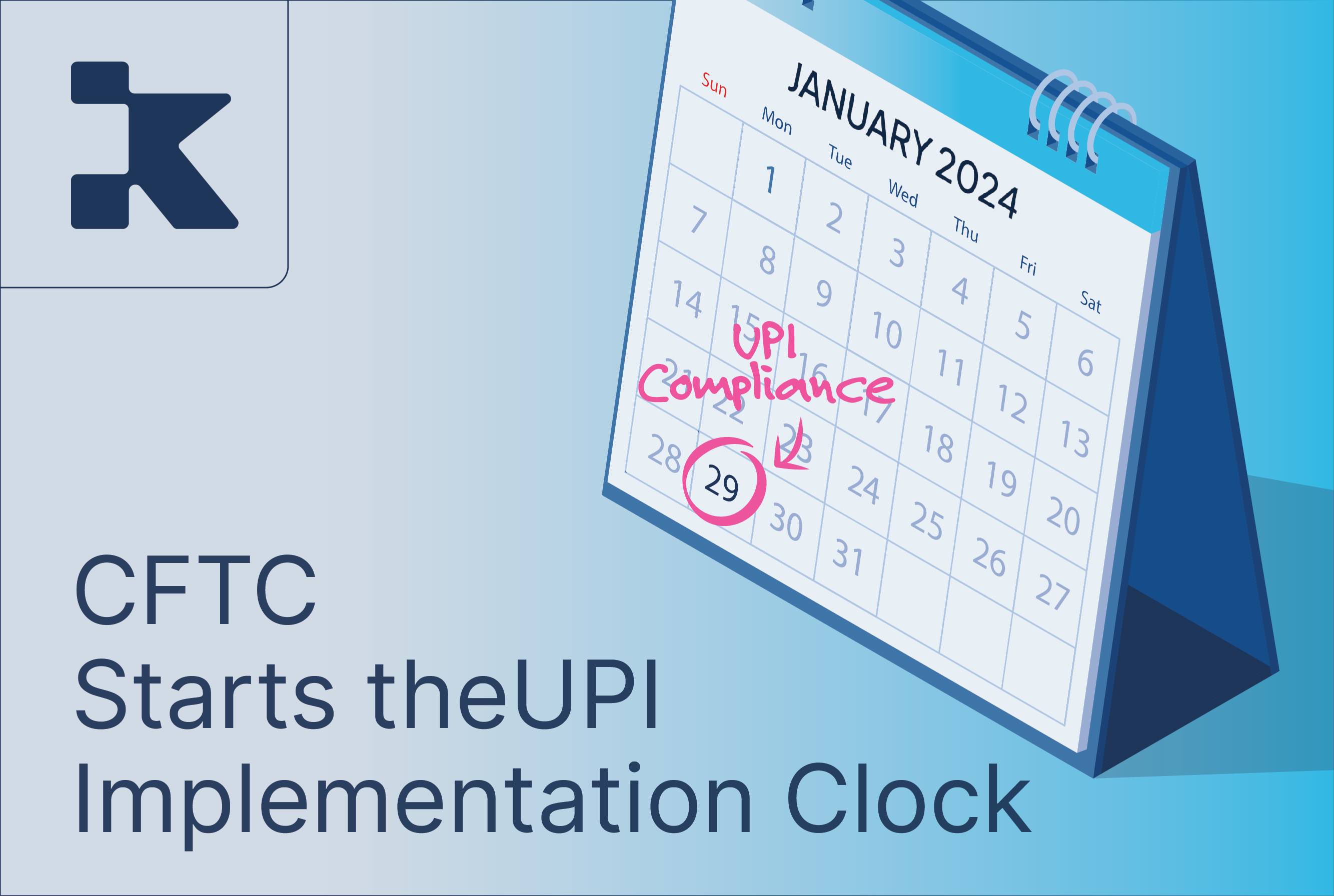The energy transition is accelerating, and companies across Europe and beyond are increasingly turning to Virtual Power Purchase Agreements (VPPAs) as a strategic tool to meet sustainability goals and hedge energy costs. VPPAs allow corporates to support renewable generation without physically taking delivery of electricity, making them an attractive option for organisations seeking to balance operational efficiency, risk management, and environmental responsibility.
However, while the commercial advantages of VPPAs are clear, the regulatory and reporting implications can be complex, particularly under regimes such as EMIR, CFTC, and other derivatives frameworks. Without careful management, firms risk operational inefficiencies, compliance gaps, and exposure to regulatory scrutiny.
Regulatory Reporting Considerations
While VPPAs offer financial and sustainability benefits, they also introduce reporting obligations across multiple regulatory regimes. These include:
EMIR (European Market Infrastructure Regulation): Many VPPAs meet the definition of derivative contracts, requiring trade reporting to a registered trade repository.
CFTC (Commodity Futures Trading Commission) / US Reporting: For cross-border entities or US-based counterparties, similar obligations may apply under the Dodd-Frank Act.
Renewable Certificates: Firms must track and report renewable energy certificates (RECs) or Guarantees of Origin (GOs) to demonstrate compliance with sustainability commitments.
In practice, this means organizations need robust systems and governance frameworks to:
Capture VPPA contract data accurately
Map contracts to relevant reporting regimes
Reconcile financial settlements and regulatory reporting
Maintain transparent audit trails for regulators and internal stakeholders
Without proper systems in place, firms risk back-reporting delays, errors, and potential regulatory fines, issues highlighted recently across European and US derivatives markets.
How KOR Financial Supports VPPA Reporting
At KOR, we work with energy firms, corporates, and financial institutions to simplify VPPA reporting and compliance. Our end-to-end platform helps firms:
Streamline Reporting: Automatically capture and report VPPA-related trades under EMIR, CFTC, SFTR, and other relevant regimes.
Enhance Transparency: Maintain clear data lineage for audits and regulatory reviews.
Integrate Across Systems: Connect VPPA data with existing trading, risk, and accounting systems.
Reduce Operational Burden: Minimize manual processes while improving accuracy and control.
By integrating VPPA management into a broader reporting and governance framework, KOR clients can focus on strategic decision-making and ESG objectives, rather than operational headaches.
Understanding VPPAs
A VPPA is a financial contract between a corporate buyer and a renewable energy generator, typically a wind or solar project. The buyer agrees to a fixed price for the energy generated, while continuing to source physical electricity from the grid.
Unlike a traditional PPA, the energy itself is not delivered to the buyer. Instead, the VPPA acts as a financial hedge against fluctuating wholesale electricity prices. This structure allows corporates to stabilise energy costs while supporting renewable energy development.
Key benefits include:
Sustainability Leadership: Firms can report renewable energy consumption for ESG and net-zero targets.
Price Certainty: VPPAs help manage exposure to volatile wholesale electricity markets.
Market Growth: By providing revenue certainty, VPPAs facilitate financing for renewable projects, accelerating the green energy transition.
VPPA in Practice: A Hypothetical Example
Consider a European corporate entering a VPPA with a 50 MW solar farm. The VPPA sets a fixed price per MWh, while the company continues sourcing its electricity from the grid.
Financial Settlement: The difference between the fixed VPPA price and the market price is settled financially each month.
Regulatory Reporting: The VPPA is mapped to EMIR trade reporting requirements, ensuring accurate and timely submission to the trade repository.
Sustainability Claims: Renewable Energy Certificates generated by the solar farm are tracked and reported to demonstrate ESG compliance.
With the right systems in place, such as KOR’s platform, the organisation can manage these obligations seamlessly, gaining visibility into both financial and sustainability outcomes while remaining fully compliant.
Looking Ahead: Energy Trading Week 2025
VPPAs will be a hot topic at Energy Trading Week, London, Sept 25–26. Market participants will be discussing not only the commercial and financial mechanics of these agreements, but also the operational and regulatory challenges that come with scaling VPPA portfolios.
KOR Financial will be at booth 25, sharing insights on:
VPPA reporting under EMIR, CFTC, and other regimes
Streamlining operational processes across multiple jurisdictions
Using technology to reduce compliance risk and improve transparency
If you’re attending, stop by booth 25 to discuss practical solutions for VPPA reporting, operational efficiency, and regulatory alignment.
Key Takeaways
VPPAs are a strategic tool for corporates to hedge energy costs and meet sustainability goals.
Regulatory reporting under EMIR, CFTC, and other regimes introduces operational complexity that cannot be ignored.
With the right platform and governance framework, firms can streamline reporting, maintain compliance, and focus on growth and ESG objectives.
At KOR, we help organizations unlock the full potential of VPPAs while navigating the evolving regulatory landscape, turning compliance into a competitive advantage.



